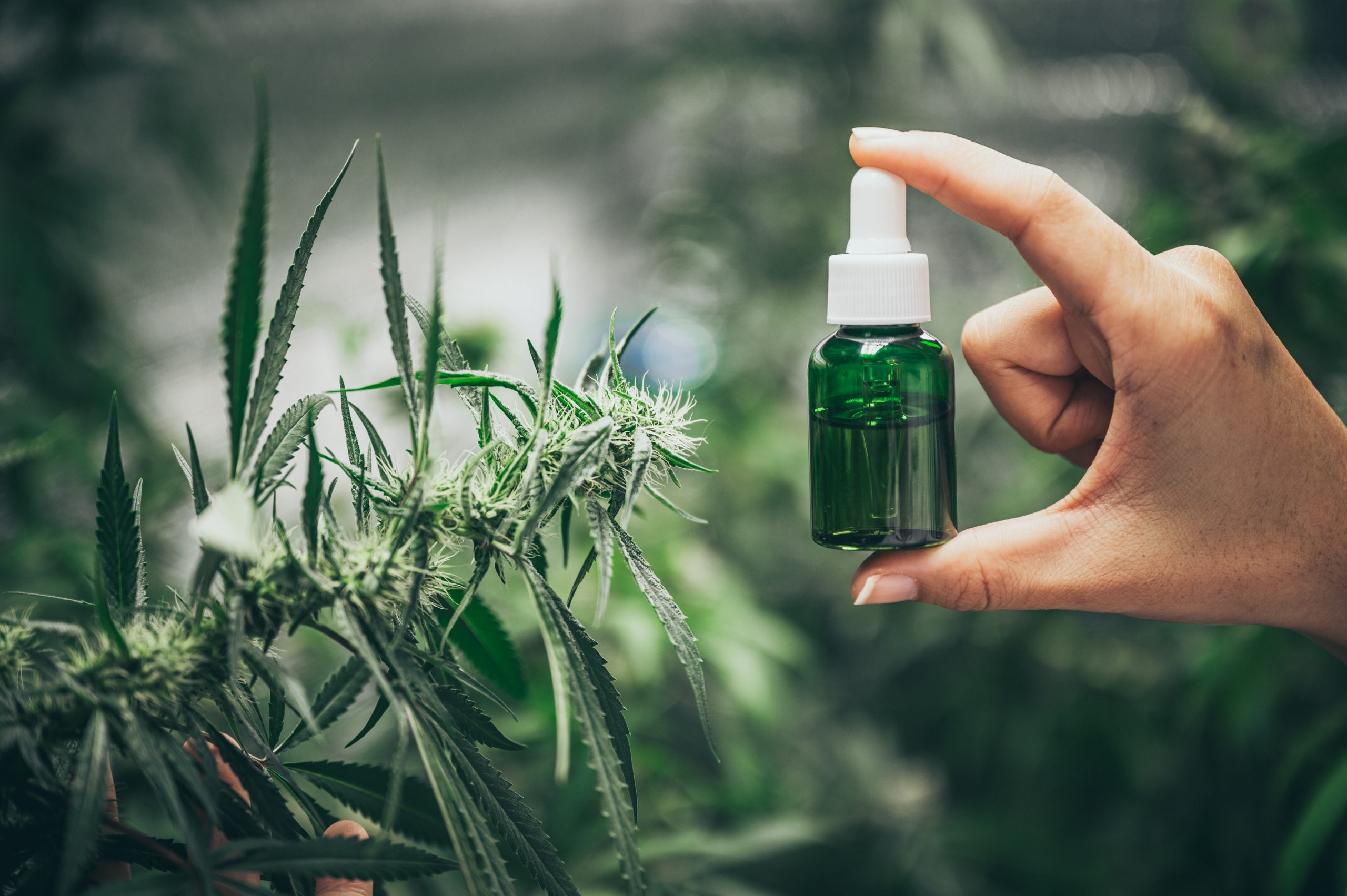Comprehensive Guide on COPD and CBD: Can CBD Help?

Introduction
Chronic Obstructive Pulmonary Disease (COPD) is a progressive lung disease that affects millions of people worldwide. Characterized by symptoms such as chronic cough, shortness of breath, and reduced lung function, COPD can significantly impact a person’s quality of life. While there is no cure for COPD, various treatment options and therapies aim to alleviate symptoms and slow down disease progression. In recent years, there has been growing interest in the potential use of cannabidiol (CBD), a compound derived from the cannabis plant, as a complementary therapy for COPD. This comprehensive guide will explore the relationship between COPD and CBD, its potential benefits, risks, and the current state of research in this field.
Understanding COPD
Chronic Obstructive Pulmonary Disease is an umbrella term that encompasses several lung conditions, with chronic bronchitis and emphysema being the most common. These conditions are primarily characterized by persistent and progressive airflow limitations, making it difficult for individuals with COPD to breathe. COPD is often caused by long-term exposure to irritants, most commonly cigarette smoke, but also environmental factors like air pollution, dust, and workplace chemicals.
Symptoms of COPD typically include:
- Chronic Cough: A persistent cough that produces mucus is a common early sign of COPD.
- Shortness of Breath: Individuals with COPD often experience breathlessness, particularly during physical activity.
- Wheezing: Wheezing sounds when breathing may occur due to narrowed airways.
- Chest Tightness: A feeling of tightness or discomfort in the chest is also a common symptom.
- Reduced Lung Function: As COPD progresses, lung function declines, which can be measured through spirometry tests.
Conventional Treatment for COPD
The management of COPD typically involves a combination of therapies and lifestyle changes, including:
- Bronchodilators: These medications help relax the airway muscles and improve airflow.
- Corticosteroids: Inhaled corticosteroids can reduce inflammation in the airways.
- Oxygen Therapy: Supplemental oxygen is provided to individuals with severe COPD to improve oxygen levels in the blood.
- Pulmonary Rehabilitation: A structured program that combines exercise, education, and support to improve lung function and overall quality of life.
- Smoking Cessation: Quitting smoking is a crucial step in slowing down the progression of COPD.
- Vaccinations: Vaccines like the flu shot and pneumonia vaccine can help prevent respiratory infections, which can exacerbate COPD symptoms.
Exploring CBD for COPD
Cannabidiol (CBD) is a non-psychoactive compound derived from the cannabis plant, known for its potential therapeutic properties. It interacts with the endocannabinoid system (ECS), a complex network of receptors and signaling molecules found throughout the body, including the lungs. The ECS plays a role in regulating various physiological processes, such as inflammation, pain perception, and immune responses.
While CBD research is in its early stages, some studies and anecdotal reports suggest that it may have several potential benefits for COPD and other respiratory conditions.
Potential Benefits of CBD for COPD
- Anti-Inflammatory Effects: CBD has been found to possess anti-inflammatory properties, which may help reduce the inflammation in the airways and lung tissues associated with COPD. This could potentially alleviate symptoms like cough and shortness of breath.
- Pain Relief: Individuals with COPD may experience chest discomfort or pain due to persistent coughing and breathing difficulties. CBD’s analgesic properties may offer relief from these symptoms.
- Bronchodilation: Some studies suggest that CBD can act as a bronchodilator, helping to relax the airway muscles and improve airflow. This effect could be particularly beneficial for those with acute exacerbations of COPD.
- Antioxidant Properties: CBD has antioxidant properties that can help reduce oxidative stress in the lungs, potentially slowing down the progression of COPD.
- Anxiety and Stress Reduction: COPD can cause anxiety and stress due to the challenges of living with a chronic respiratory condition. CBD’s anxiolytic properties may help individuals manage these emotional symptoms.
- Sleep Improvement: Sleep disturbances are common in COPD patients. CBD’s calming effects could promote better sleep quality.
Risks and Considerations
While CBD shows promise for COPD, there are important considerations and potential risks to keep in mind:
- Dosing and Administration: The appropriate dosage and method of administration can vary from person to person. It’s essential to work with a healthcare professional to determine the right CBD product and dosage for your specific needs.
- Quality and Safety: Not all CBD products are created equal. Ensure you choose high-quality, third-party tested CBD products to avoid contaminants and ensure purity.
- Drug Interactions: CBD can interact with certain medications, including those commonly prescribed for COPD. Always consult with a healthcare provider before adding CBD to your treatment regimen.
- Legality: CBD’s legal status varies by country and state. Ensure you are aware of the laws in your area regarding the use of CBD products.
- Lack of Regulation: The CBD market is relatively unregulated, which means there is a wide range of products with varying quality. Research and choose reputable brands that provide transparency and quality assurance.
Current State of Research
While there is growing interest in the potential benefits of CBD for COPD, it’s crucial to note that research is still in its early stages. Most studies have been conducted on animal models or in vitro (in a lab), and more clinical trials involving human subjects are needed to establish the effectiveness and safety of CBD as a treatment for COPD.
Conclusion
COPD is a chronic and debilitating lung condition that affects millions of individuals worldwide. While there is no cure for COPD, various treatments and lifestyle changes can help manage symptoms and improve the quality of life for those affected. The potential benefits of CBD for COPD, including its anti-inflammatory, analgesic, and bronchodilatory properties, are areas of growing interest and ongoing research.
If you are considering CBD as a complementary therapy for COPD, it’s essential to consult with a healthcare professional who can provide guidance on dosing, product selection, and potential interactions with other medications. As research in this field continues to evolve, individuals living with COPD should remain informed and consider CBD as part of a comprehensive care plan designed to manage their condition and improve their overall well-being.
- VAPE PEN By O2vape-Comprehensive Review The Top Vape Pen Selection - March 12, 2024
- Comprehensive Guide on COPD and CBD: Can CBD Help? - November 2, 2023
- A Comprehensive Guide to the Benefits of Vitamin K2 - November 2, 2023



